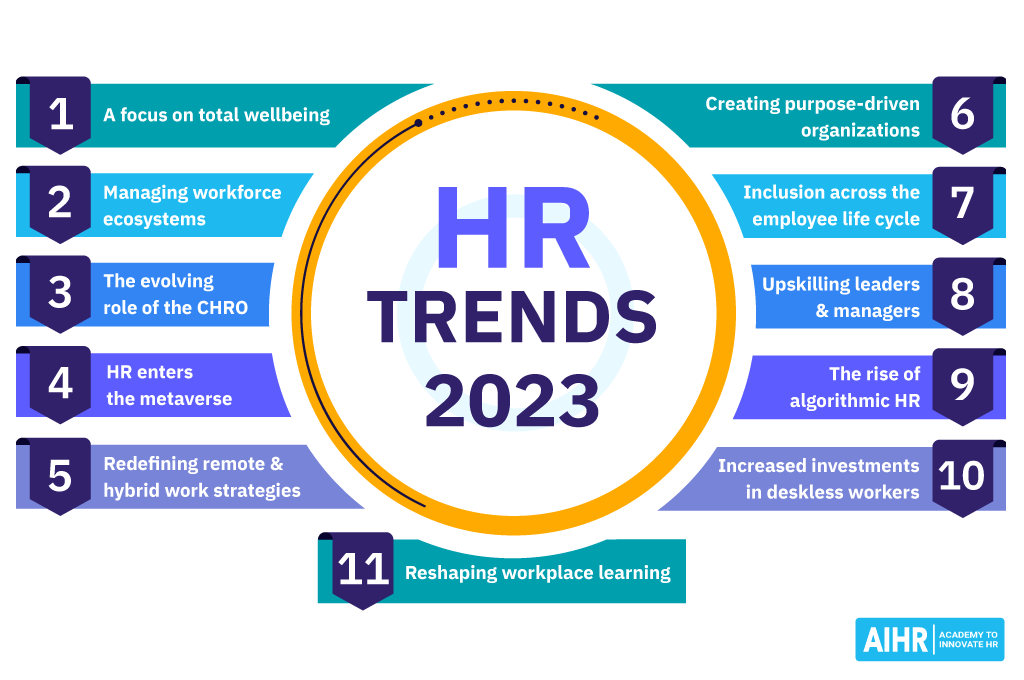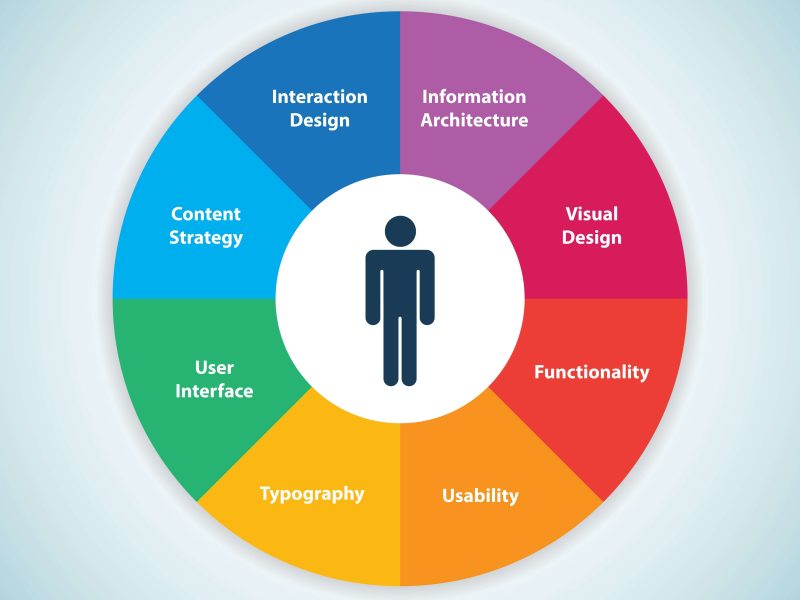Human Resources (HR) technology has revolutionized the way HR professionals manage their workforce. Over the years, technological advancements in the field have brought significant changes and innovations to HR processes and practices. In this article, we will explore the latest trends and innovations in HR technology and their potential impact on the HR industry.
Artificial Intelligence (AI) and Machine Learning (ML)
AI and ML are transforming HR operations by automating repetitive tasks, enhancing decision-making, and improving employee experience. With AI-powered chatbots, HR departments can streamline recruitment processes by answering candidate queries, scheduling interviews, and even conducting initial screenings. Machine learning algorithms can analyze large volumes of employee data to provide insights on performance, engagement, and potential attrition, helping HR professionals make data-driven decisions.
Remote Work Solutions
The COVID-19 pandemic has accelerated the adoption of remote work, making remote work solutions a crucial part of HR technology. Collaboration tools and video conferencing platforms like Zoom and Microsoft Teams have become essential for remote team communication and collaboration. HR technology has also evolved to incorporate remote employee monitoring, productivity tracking, and engagement tools to help HR professionals effectively manage remote teams.
Data Analytics and Predictive HR
Data analytics tools empower HR departments to gain valuable insights from employee data. By analyzing historical data, HR professionals can identify patterns and predict future trends, enabling proactive decision-making. Predictive HR solutions utilize algorithms and statistical models to forecast various HR metrics such as employee turnover, performance, and engagement. This allows HR professionals to take preemptive measures and implement strategies to retain top talent and improve overall workforce productivity.
Employee Self-Service Portals
Employee self-service portals have become increasingly popular in HR technology. These portals allow employees to access and manage their own HR-related information, such as payroll, benefits, time-off requests, and performance evaluations. Self-service portals enhance employee engagement and satisfaction by providing them with greater control over their HR processes, reducing administrative burdens on HR departments.
Integration and Connectivity
Integration and connectivity have emerged as important aspects of HR technology. As organizations adopt a myriad of HR tools and systems, seamless integration between platforms becomes crucial for efficient data exchange and process automation. HR professionals are increasingly relying on integrated platforms that consolidate all HR functions such as recruitment, benefits management, performance evaluation, and payroll, providing a unified view of employee data.
Virtual Reality (VR) and Gamification
Virtual reality and gamification are slowly making their way into HR technology. VR is being used to create immersive training experiences, especially for high-risk jobs. It allows employees to practice real-life scenarios in a safe and controlled environment. Gamification employs game-like elements, such as leaderboards and rewards, to drive engagement and motivation among employees, making training and development programs more interactive and enjoyable.
Conclusion
The continuous evolution of HR technology has significantly impacted the way HR professionals operate. From AI and ML-powered automation to remote work solutions and data analytics, HR technology trends and innovations offer immense potential to enhance HR processes, improve employee experience, and drive business outcomes. Embracing these technologies can give organizations a competitive edge by attracting top talent, increasing productivity, and fostering a positive work environment.


